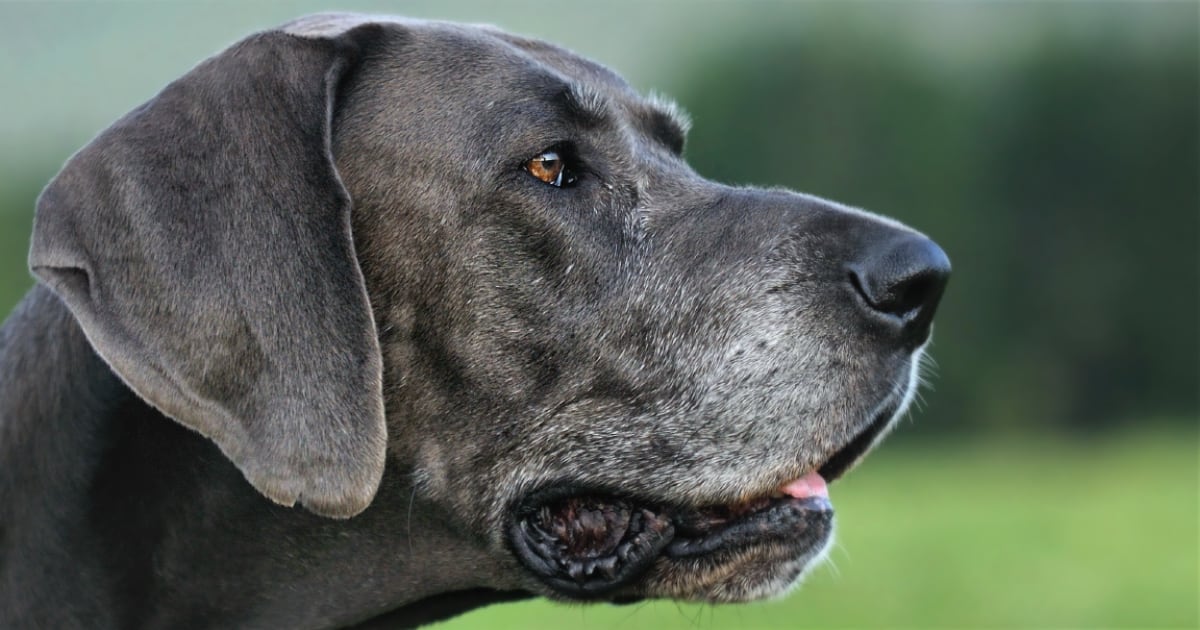The Scoop on Senior Dog Food Needs

As our beloved furry companions age, their dietary requirements evolve. Ensuring that our senior dogs receive the appropriate nutrition is paramount to maintaining their health and vitality. Understanding the intricacies of dog food for older dogs can make a significant difference in their quality of life. Let’s dive into what makes senior dog food unique and how you can choose the best options for your aging canine friend.
Understanding Senior Dogs’ Nutritional Needs
Just like humans, dogs experience various physiological changes as they age. These changes necessitate adjustments in their diet to ensure they receive the right balance of nutrients.
Lower Caloric Intake
Senior dogs often lead a more sedentary lifestyle compared to their younger counterparts. This reduced activity level means they require fewer calories. Feeding a senior dog the same amount of dog food as a younger, more active dog can lead to weight gain and associated health issues. Therefore, senior dog food is typically formulated with fewer calories to prevent obesity while still providing essential nutrients.
High-Quality Protein
Muscle mass tends to decrease with age, so it’s crucial to provide high-quality protein to help maintain lean muscle. Senior dog food usually contains easily digestible proteins that support muscle health without putting undue stress on the kidneys. Look for dog food with sources of protein like chicken, turkey, or fish.
Fiber for Digestion
As dogs age, their digestive systems can become less efficient. Senior dog food often includes higher levels of fiber to aid digestion and prevent constipation. Ingredients like sweet potatoes, pumpkin, and beet pulp are common fiber sources that promote a healthy gut.
Joint and Bone Health
Arthritis and joint problems are common in senior dogs. To address this, many senior dog food formulas include glucosamine and chondroitin, which help support joint health and mobility. Additionally, adequate levels of calcium and phosphorus are essential for maintaining strong bones.
Antioxidants and Vitamins
The immune system of an older dog can become compromised. Antioxidants such as vitamins E and C are crucial in combating oxidative stress and supporting immune health. Senior dog food often includes these antioxidants, along with other vitamins and minerals, to bolster overall health.
Omega Fatty Acids
Omega-3 and Omega-6 fatty acids play a vital role in maintaining a healthy coat and skin. These fatty acids also have anti-inflammatory properties, which can be particularly beneficial for senior dogs with arthritis or other inflammatory conditions. Fish oil and flaxseed are common sources of omega fatty acids found in senior dog food.
Choosing the Right Senior Dog Food
When selecting dog food for your senior pet, it’s important to consider several factors to ensure you’re making the best choice.
Ingredient Quality
Always check the ingredient list. High-quality dog food should list a named protein source as the first ingredient. Avoid foods with generic terms like “meat meal” or “animal by-products.” Instead, opt for those with specific ingredients like “chicken meal” or “beef liver.”
Avoiding Fillers
Senior dog food should be free from unnecessary fillers like corn, wheat, and soy. These ingredients offer little nutritional value and can sometimes cause allergies or digestive issues. Whole grains like brown rice or oatmeal are better alternatives, providing energy and fiber without the drawbacks of common fillers.
Tailored Formulas
Many pet food companies offer dog food specifically formulated for different breeds or sizes. Large breed senior dogs might benefit from dog food that supports joint health and controls weight, while smaller breeds might need nutrient-dense food to keep them energized without adding extra pounds.
Wet vs. Dry Dog Food
Both wet and dry dog food have their advantages. Wet dog food can be more palatable and easier for senior dogs to chew, especially if they have dental issues. It also provides additional moisture, which can be beneficial for dogs who don’t drink enough water. On the other hand, dry dog food is often more convenient and can help keep teeth clean by reducing plaque buildup. Consider mixing wet and dry dog food to give your senior dog the best of both worlds.
Consulting Your Veterinarian
Before making any changes to your senior dog’s diet, consult your veterinarian. They can provide personalized recommendations based on your dog’s health, age, and specific needs. Regular check-ups will also help monitor your dog’s health and adjust their diet as necessary.
Popular Senior Dog Food Brands
There are numerous brands on the market offering high-quality senior dog food. Here are a few that stand out for their commitment to quality and nutrition:
Hill’s Science Diet
Known for its scientifically-backed formulas, Hill’s Science Diet offers a variety of senior dog food options tailored to different sizes and health concerns. Their recipes include high-quality protein, antioxidants, and essential nutrients to support aging dogs.
Blue Buffalo
Blue Buffalo’s Life Protection Formula for senior dogs includes real meat, whole grains, and garden vegetables. Their dog food is free from by-products, corn, wheat, and soy, making it a wholesome choice for senior dogs.
Nutro Ultra Senior
Nutro Ultra Senior dog food is packed with lean proteins, antioxidant-rich fruits and vegetables, and whole grains. It’s designed to provide complete and balanced nutrition for senior dogs, promoting vitality and longevity.
Royal Canin
Royal Canin offers breed-specific formulas that cater to the unique needs of different dog breeds. Their senior dog food includes targeted nutrients to support aging joints, digestion, and cognitive function.
Homemade Senior Dog Food
For those who prefer a more hands-on approach, making homemade senior dog food can be a rewarding option. This allows you to control every ingredient and tailor the diet to your dog’s specific needs. However, it’s essential to ensure the diet is nutritionally balanced. Consult with a veterinary nutritionist to create a suitable homemade diet plan.
Basic Recipe
Here’s a simple homemade senior dog food recipe to get you started:
- Ingredients:
- 1 lb of lean ground turkey or chicken
- 1 cup of cooked brown rice
- 1/2 cup of finely chopped carrots
- 1/2 cup of finely chopped green beans
- 1 tbsp of fish oil (for omega fatty acids)
- 1/4 cup of pumpkin puree (for fiber)
- Instructions:
- Cook the ground turkey or chicken in a large pan until fully cooked.
- Add the cooked brown rice, chopped carrots, and green beans to the pan. Stir well.
- Mix in the fish oil and pumpkin puree.
- Let the mixture cool completely before serving.
This recipe provides a balanced mix of protein, fiber, and essential nutrients. Always introduce new foods gradually and monitor your dog for any adverse reactions.
Conclusion
Caring for a senior dog involves more than just love and affection; it requires attention to their changing dietary needs. Choosing the right senior dog food can help manage weight, support joint health, improve digestion, and enhance overall well-being. Whether you opt for commercial dog food or decide to make your own, ensuring your senior dog gets the nutrition they need will help them enjoy their golden years to the fullest. With the right dog food and regular veterinary care, your aging canine companion can continue to thrive and bring joy to your life for many more years.




